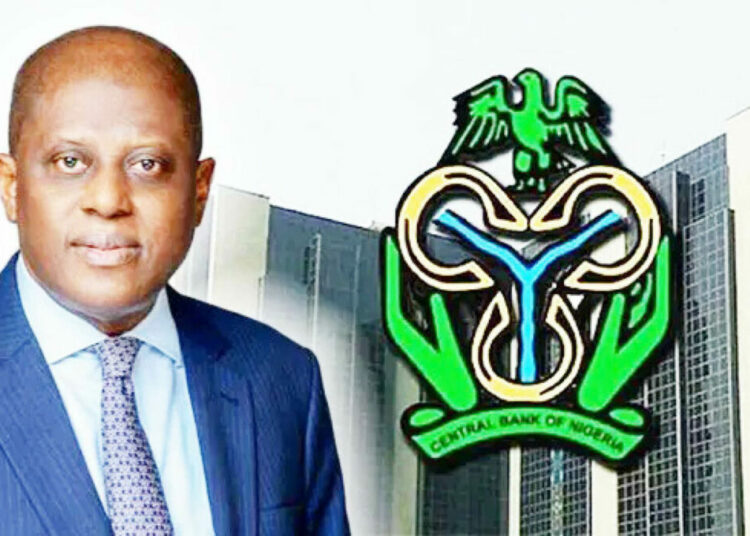Nigeria is edging closer to a historic milestone in foreign inflows, with the Central Bank of Nigeria (CBN) projecting that diaspora remittances will hit $1 billion monthly by 2026.
The CBN Governor, Olayemi Cardoso, reaffirmed this at the 18th Annual Banking and Finance Conference of the Chartered Institute of Bankers of Nigeria (CIBN) in Abuja on Tuesday.
According to him, the bank has taken deliberate steps to build confidence among Nigerians abroad, including working with leading commercial banks such as Access Bank and Zenith Bank on international outreach.
“By next year, our projection will be a billion dollars a month of diaspora remittances. As far as we are concerned, we have done everything to enable that to happen,” Cardoso said. He noted that monthly remittance inflows, which stood at $250 million at the start of the reforms, had risen to $600 million after surpassing the $500 million mark earlier in the year.
Meanwhile, President Bola Tinubu has directed financial and capital market regulators to strengthen oversight on Nigeria’s growing use of stablecoins and digital currencies. The President, represented by the Minister of Finance and Coordinating Minister of the Economy, Wale Edun, cautioned that the global financial system is experiencing rapid transformation, with more people moving away from traditional banking channels.
“There is a digital revolution. Many people now are not using the banking system to make payments. They’ve turned to stablecoins. They’ve turned to digital currency,” Tinubu said. “I have directed capital market authorities and banking authorities to get hold of this narrative and track it whilst it is still evolving.”
He stressed that Nigeria must shift its economy from mere resilience to reinvention, with digital tools, artificial intelligence (AI), and open banking positioned as catalysts for industrialisation, efficiency, and employment generation.
“Yes, our GDP is growing, but the percentage of industrial contribution from manufacturing is not where it should be to create the jobs we need. The innovation is there for adopting digital, AI, and open banking to enhance efficiency,” he stated.
Tinubu also pointed to recent fiscal reforms, particularly new tax laws aimed at creating a fairer and more transparent system. He disclosed that the linkage of government accounts with the CBN since August 1 had provided full visibility on government finances, improving transparency and boosting revenue collection.
“That linkage with the Central Bank, the revenue optimisation team, now gives us full visibility on government finances, and that will yield dividends. It will lead to increased government revenues,” he said.
On financial inclusion, the President emphasised that expanding access to affordable services must translate into job creation, especially for young Nigerians. “Inclusion really means jobs, quality jobs, attractive jobs, particularly for our young men and women,” Tinubu said, reaffirming his administration’s commitment to stabilising the economy, reducing poverty, and attracting private investment.
In his welcome address, CIBN president and chairman of the Council, Prof. Pius Deji Olanrewaju, applauded the financial sector’s resilience. He highlighted that 16 listed banks had raised more than N2.5 trillion in fresh capital since 2024 to strengthen their balance sheets. Net domestic credit to the private sector has grown to over ₦82 trillion, supporting businesses and job creation.
He further noted progress in non-oil exports, with Nigeria’s product basket expanding to 236 items in the first half of 2025, up from 202 in the same period last year, generating $3.23 billion in revenue — a 19.6 per cent increase.
Prof. Olanrewaju also welcomed the consolidation of over 100 tax-collecting agencies into a single Nigeria Revenue Service under the tax reforms signed by Tinubu on June 26, which will take effect in January 2026. “These new laws portend a new lease of life, with a lot of opportunities inherent in it for all and sundry,” he said.
The conference, which convened players from banking, finance, and technology, explored how Nigeria can harness digital innovation, policy reforms, and private capital to deliver inclusive growth and long-term economic transformation.





